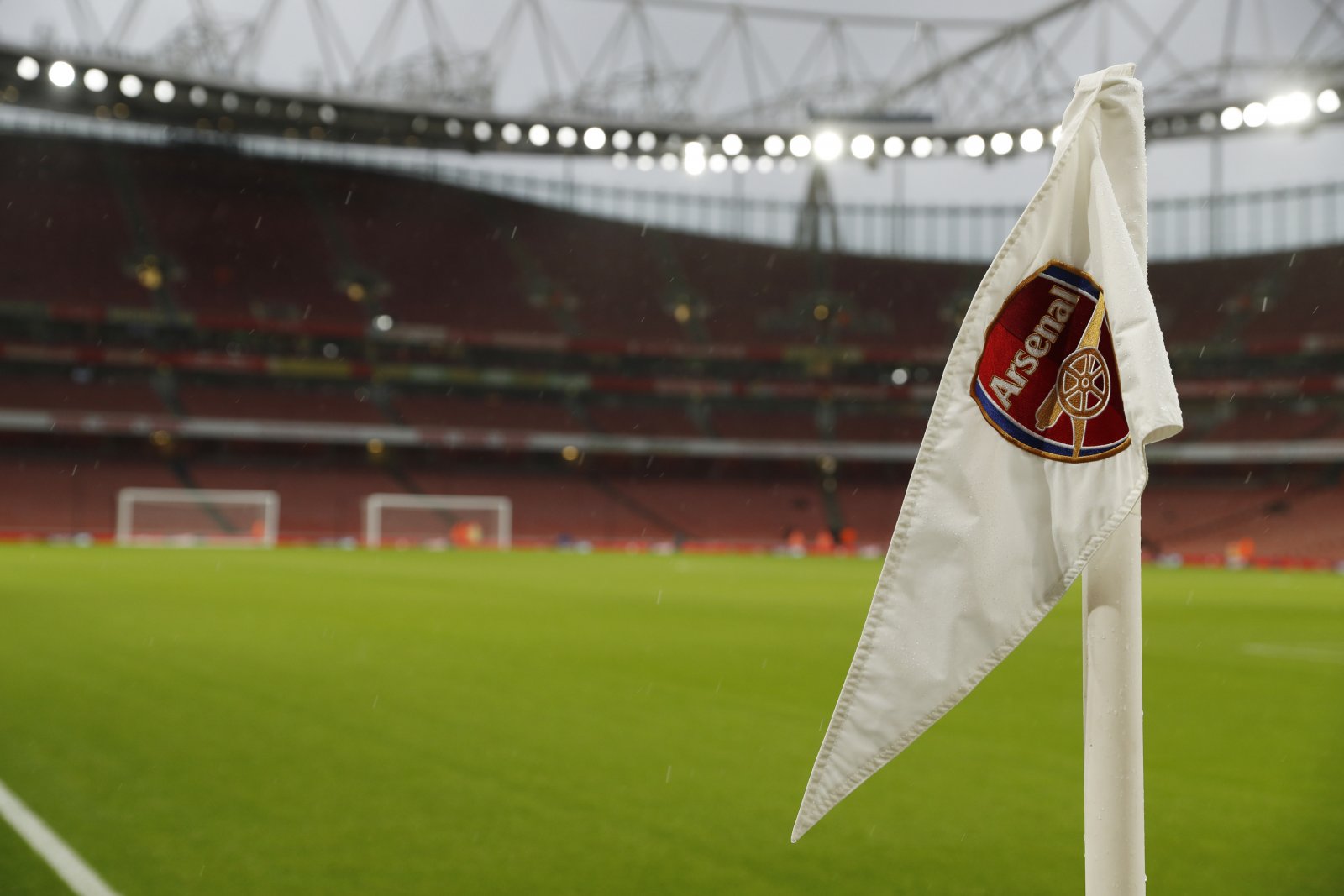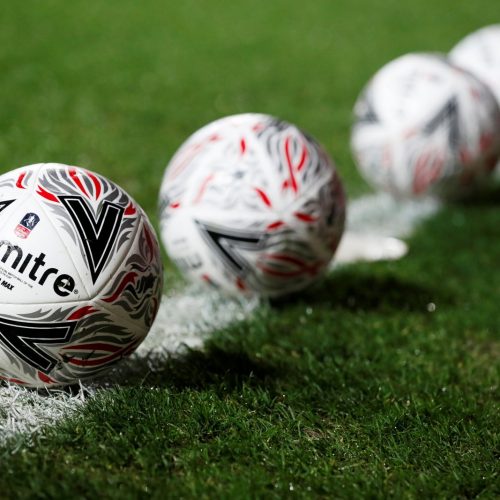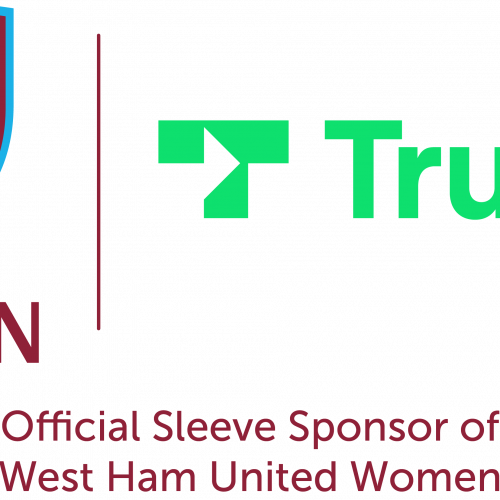Arsenal players’ motion sickness shows the downside of VR technology
Arsenal Football Club attempted to push the boundaries of what their players can do by introducing VR headsets to training in order to improve their players’ reaction times and decision making, and making them more ready for in-game situations before they happen.
But they also found out exactly where the boundaries are with the tech from their own players’ point of view – several were left complaining of motion sickness from using the gear, which is now being used for youth teams rather than with the first team.
It shows, of course, that there is a very real downside to VR technology when it comes to enhancing player performance, and that side to the tech will certainly have to improve before it becomes a genuinely useful piece of kit for coaches of professional sport.
But it also shows the potential for such technology in the future.
Clearly, if it’s giving players motion sickness then VR isn’t useful, but the fact that Arsenal and their players are willing to try signals that there’s a chance this could be useful if a company can get the tech right for prolonged use.
Elite sport is often about fine margins, and the training ground can be where those margins are set. Fitness, conditioning and tactics are just some of the things that athletes work on in training, but all of that is with the addition of one big caveat: that it’s done outside of real-life, in-game situations. And anything that can bring the in-game feel to training is surely going to be a game changer.
The reason Arsenal were keen to try out the technology, it appears, is decision making. Dutch tech firm Beyond Sports were commissioned by the Gunners to create a bespoke software suite for the club, which they say helps improve decision making by 20%, which, if true, certainly would be useful to anyone playing sport.
And it seems to chime in with this idea of bringing the real game to training: because you can work on tactics all week, be as fit as it’s possible to be, and have the best technique in the league, but if you don’t make the right decisions when you only have the split-seconds that top-level athletes are allowed in-game, then you won’t win. And sometimes – though not always – when we talk about ‘performance’, what we’re talking about is whether a player made the right decisions. Getting one wrong or right can change everything about the game.
Arsenal’s dilemma, while it shows the current limits of VR technology, also shows why it’s important to be innovative and try these new things.
About author
You might also like
Leeds United become first football club to sell official jerseys on TikTok
Leeds United is the first football club in the world to partner with TikTok to sell official merchandise and replica jerseys. Coinciding with the release of the new rhapsody purple,
Lewes FC Appoints Sue Anstiss To Its Board Of Directors
The Lewes FC Board is delighted to announce that it has co-opted Sue Anstiss as a Lewes FC Director. Sue has been a driving force for equality in sport for
Trustly extends partnership to become West Ham United Women’s Sleeve Partner
West Ham United is pleased to announce that Trustly has enhanced its relationship with the Club by becoming the Women’s Sleeve Partner. Trustly, the leading global account-to-account payments platform, became








